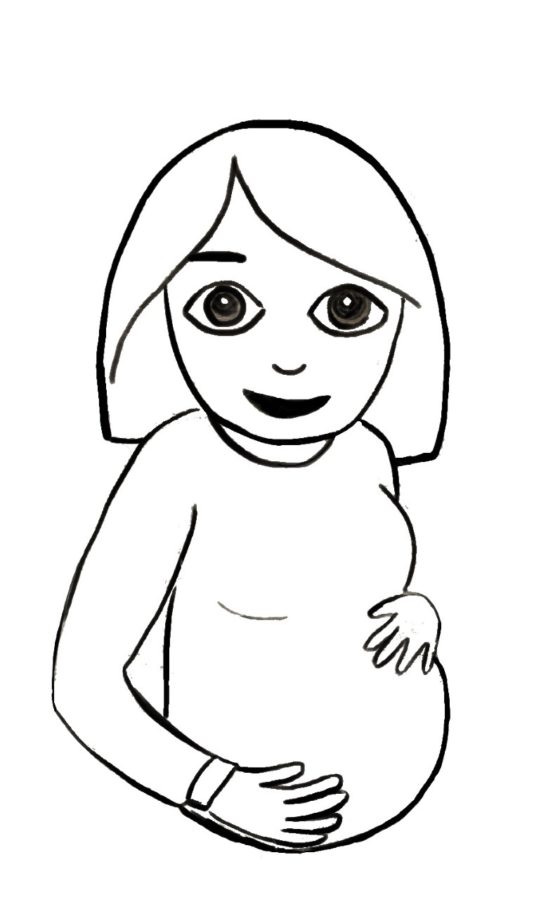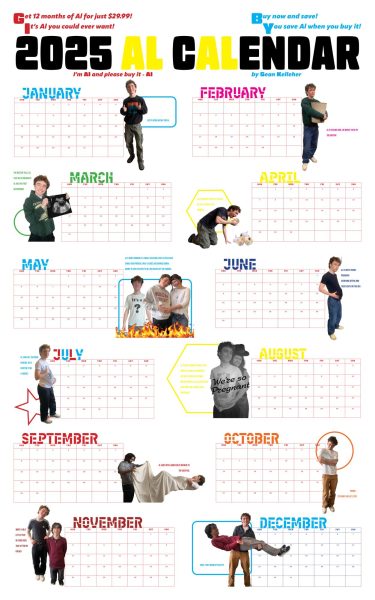Certified Lover Boy Controversy
Drake said what!?
In its first week alone, Drake’s album titled Certified Lover Boy, accumulated 744 million streams and 613,000 sales. Making it the artist’s 10th Number one album. The 21 song album that premiered in August, features artists like JAY-Z, Travis Scott, and Kid Cudi, but despite its success, CLB has also gained a fair amount of criticism. The controversy stems from claims that the album cover and lyrics in the album are offensive to both women and members of the LGBTQ community.
In a lyric from You Only Live Twice, Drake says “I had to F@#% a lot of girls to get a kid like this” assumed to be related to the cover featuring twelve pregnant emojis. TikToker @kierabreaugh touched on the topic in one of her videos, saying that the timing of the album drop and this lyric were unfortunate considering the Texas Abortion Ban that was circulating at the same time. She says “He gets to parade around about being a lover boy who has a bunch of children out there that he doesn’t parent, and his image is fine.” She ties this into a quote from artist Giveon, in which he infers that women are tainted for doing similar things, “and even if it’s a metaphor… we know that there’s a bunch of men who do this and their image is fine, and the single mothers are *air quotes* tainted.”
When asked about the lyric, Garfield student Eli Bloom said, “Implying that his child, who by having he has agreed to responsibly raise and care [for], is simply the product of his sexual relationships with many different women is almost dehumanizing of his kid. Plus in a weird creepy way it’s like he is saying he has had a bunch of kids and thrown them away because they weren’t good enough.”
This lyric is not the only one sparking discourse. In Drake’s Girls Want Girls, Drake says, “yeah, say that you a lesbian, girl, me too”. This quote alone has been responsible for countless memes clowning the rapper on popular social media platforms such as Twitter, Instagram and TikTok. Though the internet, per usual, has found a way to joke about the quote, it has also sparked genuine discourse about the significance the statement has on the invalidation of queer women.
When asked more about Drake’s lyricism in the song Girls Want Girls, Eli responded, “I have lesbian moms, when I played them the song they kinda laughed it off but when we got into deeper conversation, we talked more about how fetishized lesbianism is and how common it is to see in our tv, books, and especially music.” They went on to say, “someone who clearly doesn’t respect women or in this case most likely doesn’t even seem to see women as fully human” using the label that has helped empower this marginalized group that has been harassed, sexualized, and ostracized, “and doing exactly that to them by throwing it around is disgusting.”
This is not Drake’s first controversy, as his past relations with underage celebrities have become associated with the rapper, so the album may be in his case, the cherry on top. Drake alone is not responsible for the normalization of the belittlement of women in rap and hip hop, but discussions that come from instances like this may be the gateway to better representation of marginalized communities in popular music.





